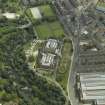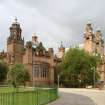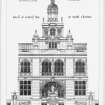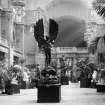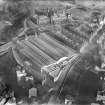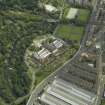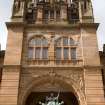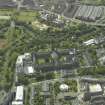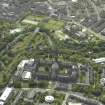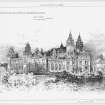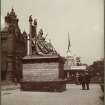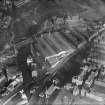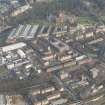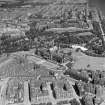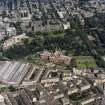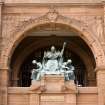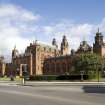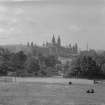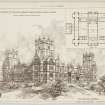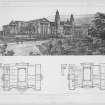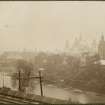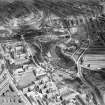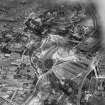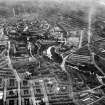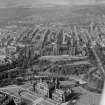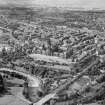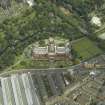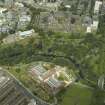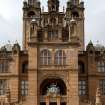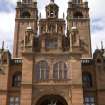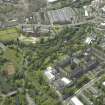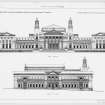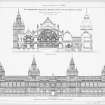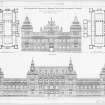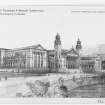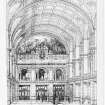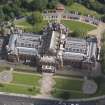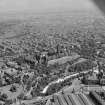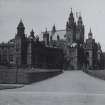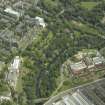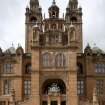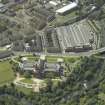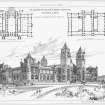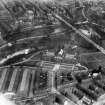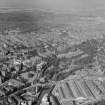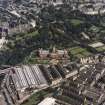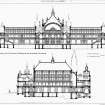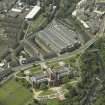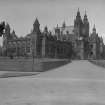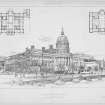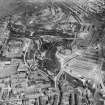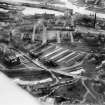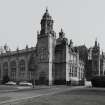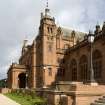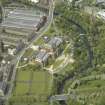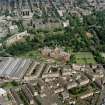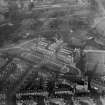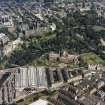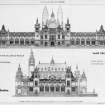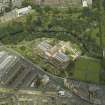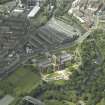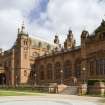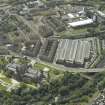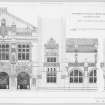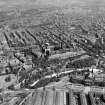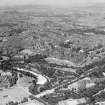Pricing Change
New pricing for orders of material from this site will come into place shortly. Charges for supply of digital images, digitisation on demand, prints and licensing will be altered.
Glasgow, Kelvingrove Park, Kelvingrove Museum And Art Gallery
Art Gallery (19th Century), Museum (19th Century)
Site Name Glasgow, Kelvingrove Park, Kelvingrove Museum And Art Gallery
Classification Art Gallery (19th Century), Museum (19th Century)
Alternative Name(s) Argyle Street; Fine Art Galleries; Glasgow Art Gallery And Museum
Canmore ID 139413
Site Number NS56NE 329
NGR NS 56762 66310
Datum OSGB36 - NGR
Permalink http://canmore.org.uk/site/139413
- Council Glasgow, City Of
- Parish Glasgow (City Of Glasgow)
- Former Region Strathclyde
- Former District City Of Glasgow
- Former County Lanarkshire
In 1901 the Kelvingrove Art Gallery and Museum opened. The architects were J W Simpson and E J Milner Allen. The building is constructed of red sandstone and features a bronze statue of St Mungo, the patron saint of Glasgow, above the north doorway.
Information from RCAHMS (SC) 4 July 2007
McKean, C, Walker, D and Walker, F 1989
NS56NE 329 56762 66310
Kelvingrove Museum & Art Gallery [NAT]
OS 1:1250 map, 1971.
NMRS Notes:
Glasgow, Kelvingrove, Kelvingrove Museum and Art Gallery.
Architect: J. W. Simpson of Simpson and Milner Allen, 1894.
Glasgow, Kelvingrove, Kelvingrove Art Gallery and Museum.
Architect: - H.and D. Barclay.
NMRS Notes:
Glasgow, Kelvingrove Park, Kelvingrove Art Gallery and Museum.
Plans: 'The British Architect' - 19th January 1894. - Design by H. and D. Barclay. - 1 sheet Plans and Engravings.
- Not held by N.M.R.S.
EXTERNAL REFERENCE:
The Courtauld Institute: Sculpture Negative Collection.
Kelvingrove, G. Frampton: St Mungo. A77/735... A 77/737
Major renovation work by Elder and Cannon 1988-90.
(Undated) information in NMRS.
Design (15 April 1892 - 1894)
Modification (1988 - 1990)
Modification (August 2003 - 11 July 2006)
Photographic Survey (9 August 2006)
Aerial Photography (31 May 2006)
Directed towards collecting views of Glasgow in support of a 'Glasgow from the Air' volume. The newly completed Wishaw General Hospital and the disused Law Hospital near Carluke were also recorded. A patch of rig was recorded as soilmarks near Cumbernauld. A possible later prehistoric settlement enclosure beside Glasgow airport, seen for the first time as a cropmark in 2005, was recorded again, also as a cropmark.











































































